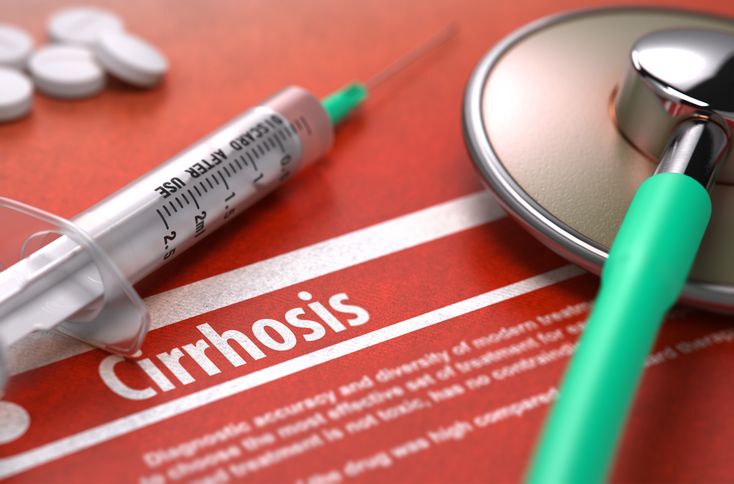HCC
Today, approximately 29 million people in Europe suffer from a chronic liver condition.
The most common liver conditions are viral infections such as Hepatitis B and C and fatty liver diseases such as alcohol-related liver disease (ARLD), non-alcoholic fatty liver disease (NAFLD), and alcoholic and non-alcoholic and steatohepatitis (ASH and NASH, respectively). Due to their asymptomatic nature, these diseases often go undetected and untreated for a long time, causing patients to unknowingly develop fibrosis or even cirrhosis until they experience the first symptoms of liver failure. Patients suffering from cirrhosis are especially at risk of developing hepatocellular carcinoma (HCC), the most common type of liver cancer. Hence, clinical guidelines recommend that cirrhosis patients are screened biannually for HCC through the measurement of serum levels of α-fetoprotein (AFP) in combination with an ultrasound of the liver. However, the performance of this screening method is lacking, as it only detects 63% of early-stage HCC cases. This is a major problem, as diagnosing HCC at the earliest possible stage is crucial for effective treatment and improved chances of survival for patients.
Levels Dx has identified novel, sensitive biomarkers that can accurately detect HCC in its earlier stages, allowing for curative treatments. Recently, serum samples from a two-group patient cohort existing of NASH and NASH-induced HCC patients were analyzed. This analysis provided promising results, with multiple combinations of biomarkers being discovered that can diagnose HCC with high accuracy. Levels Dx now aims to validate these biomarkers in a larger cohort of 300 patients with various HCC etiologies.






